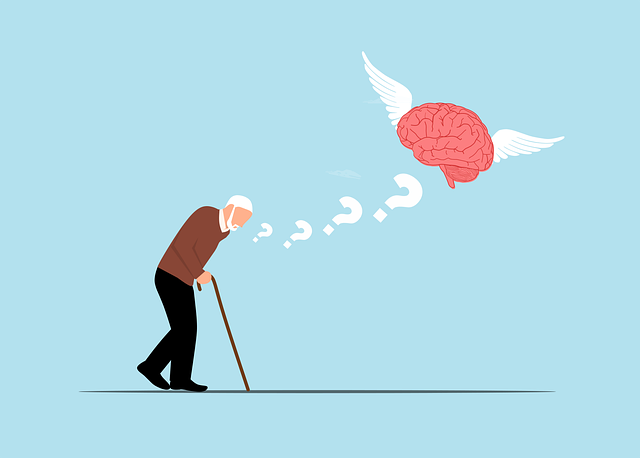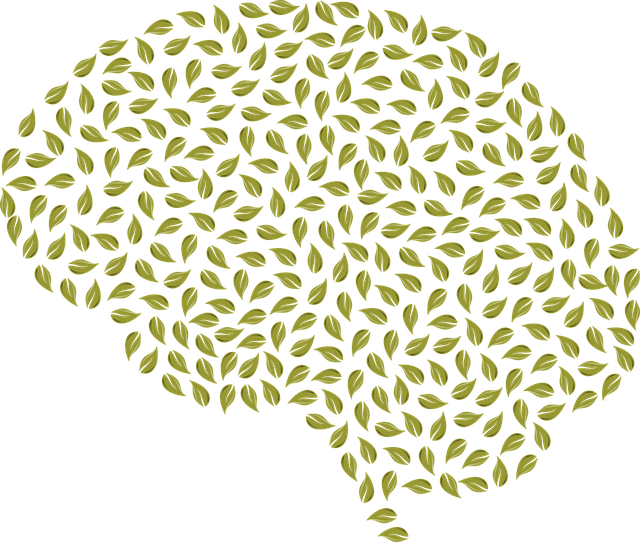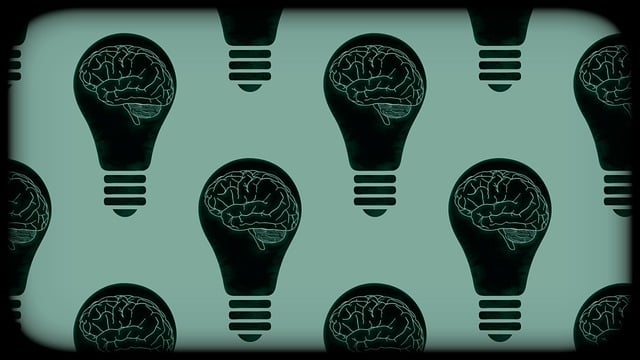Positive thinking exercises, integrated into therapy for elders and guided by therapists-clinicians, enhance well-being and quality of life through cognitive therapy focused on optimistic thoughts. This approach, combining traditional healthcare with compassion cultivation, builds resilience against stressors. Customized activities like gratitude journaling, tailored to individual needs, foster mental well-being and empower both elders and therapists. A safe, non-judgmental environment facilitates open dialogue and exploration of thoughts and emotions. Measuring success through changes in mood, stress levels, and mental well-being ensures the effectiveness of these exercises, benefiting therapy for elders and therapists-clinicians alike.
Positive thinking exercises offer a transformative approach to therapy, particularly for elders seeking mental well-being. This article delves into the power of positive thinking and its significant benefits for older adults, providing practical guidance for therapists and clinicians. We explore strategies for designing effective exercises tailored to diverse needs. By understanding the implementation process and measuring success, professionals can enhance their practice and foster lasting positive outcomes in therapy for elders. Discover key techniques to optimize mental health through these evidence-based practices, catering specifically to the needs of your elderly clients.
- Understanding Positive Thinking and Its Benefits for Elders
- Designing Effective Positive Thinking Exercises
- Implementation Strategies for Therapists and Clinicians
- Measuring Success and Adjusting the Exercise Routine
Understanding Positive Thinking and Its Benefits for Elders

Positive thinking exercises offer a powerful tool for elders seeking to enhance their well-being and quality of life. This practice is a form of cognitive therapy that focuses on cultivating optimistic thoughts, beliefs, and attitudes, which can have profound effects on mental and physical health. For elderly individuals, who may face various challenges such as chronic illnesses, social isolation, or age-related cognitive decline, positive thinking can be a game-changer. It becomes a valuable asset in their therapeutic arsenal alongside traditional healthcare practices.
The benefits are numerous; it helps build resilience, fostering an ability to cope with stressors and setbacks. Through specific exercises, elders can learn to challenge negative thought patterns, replacing them with more adaptive and positive perspectives. This process encourages compassion cultivation, where individuals develop a deeper sense of self-care and kindness towards others, which is essential for maintaining social connections. The integration of positive thinking into therapy for elders, supported by healthcare providers and therapists/clinicians, can significantly contribute to cultural competency training, ensuring personalized care that addresses both physical and psychological aspects of aging.
Designing Effective Positive Thinking Exercises

Designing Effective Positive Thinking Exercises plays a pivotal role in both Therapy for Elders and therapy sessions for Therapists-Clinicians. The process begins with understanding the core principles of Mind Over Matter, focusing on mental health education programs designed to cultivate optimism and resilience. By integrating these concepts, practitioners can create exercises that foster a positive mindset, enhancing overall well-being.
For instance, simple yet powerful techniques like gratitude journaling, where individuals reflect on and appreciate daily experiences, have proven effective in Burnout Prevention Strategies for Healthcare Providers. These practices not only improve mental health but also equip elders and therapists with tools to navigate life’s challenges more effectively. Customizing exercises to cater to diverse needs ensures engagement and encourages consistent application of positive thinking principles in both personal and professional contexts.
Implementation Strategies for Therapists and Clinicians

Implementing positive thinking exercises in therapy sessions is a powerful tool for therapists and clinicians working with elders. To effectively facilitate this process, professionals should begin by establishing a safe and non-judgmental environment. Encouraging open dialogue and fostering trust allows clients to feel comfortable exploring their thoughts and emotions without fear of criticism. Therapists can incorporate positive affirmations, guided imagery, or cognitive reframing techniques tailored to each individual’s needs.
Additionally, providing crisis intervention guidance using positive thinking strategies can significantly benefit elderly clients facing mental health challenges. By integrating these practices into regular therapy sessions, therapists promote emotional healing processes and enhance overall well-being. Mental health awareness is crucial in identifying when a client may be struggling, enabling timely interventions. Through consistent exposure to positive thinking exercises, elders can develop resilience, improve coping mechanisms, and cultivate a more optimistic outlook on life.
Measuring Success and Adjusting the Exercise Routine

Measuring success is a vital aspect of any therapy or exercise routine, especially when tailored for elders. For positive thinking exercises, progress can be evaluated by assessing changes in mood, stress levels, and overall mental well-being. This might involve using standardized questionnaires or simple self-reporting methods to gauge improvements in their daily lives. For instance, therapists can track the frequency and intensity of negative thoughts before and after the exercise routine, noting any significant shifts towards more positive perspectives.
Adjustments to the exercise regimen can be made based on these observations, ensuring that it remains effective and beneficial for each individual. Therapists and clinicians should consider incorporating a range of communication strategies and social skills training within these sessions to cater to diverse learning styles. Stress management workshops organization could also benefit from regular feedback, allowing them to refine their programs and provide even more tailored support, particularly in the context of therapy for elders or therapists-clinicians.
Implementing positive thinking exercises as part of therapy for elders can significantly enhance their overall well-being. By designing effective activities and tailoring them to individual needs, therapists and clinicians can foster a sense of optimism and resilience in their elderly clients. Regular measurement of progress and adjustments to the exercise routine ensure optimal results in therapy for elders. This tailored approach not only improves mental health but also enriches the lives of seniors, making it an invaluable tool for therapists-clinicians in their practice.













